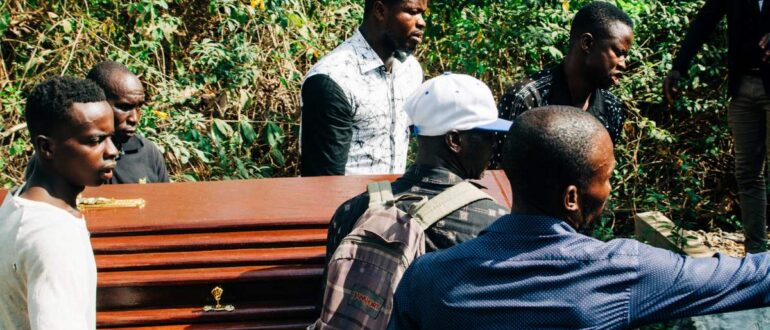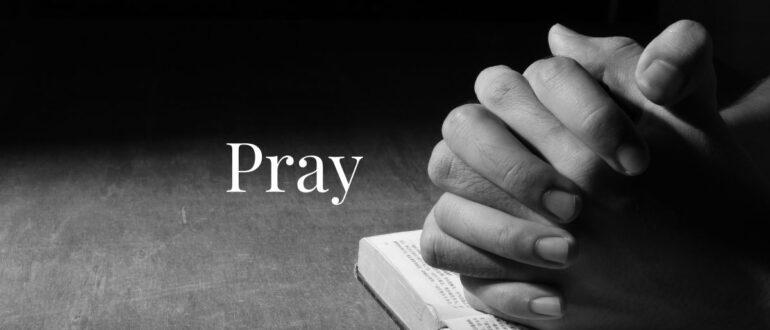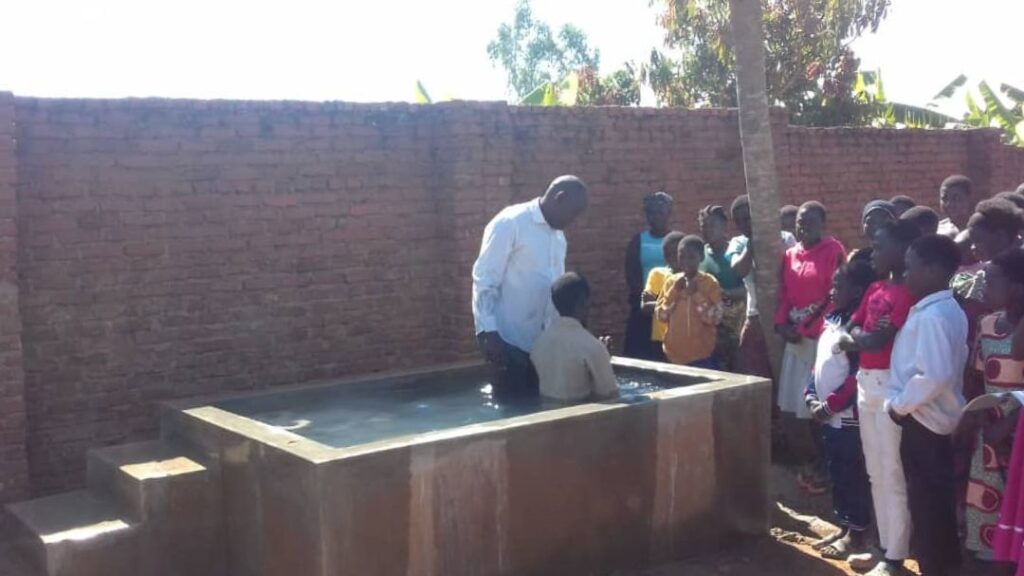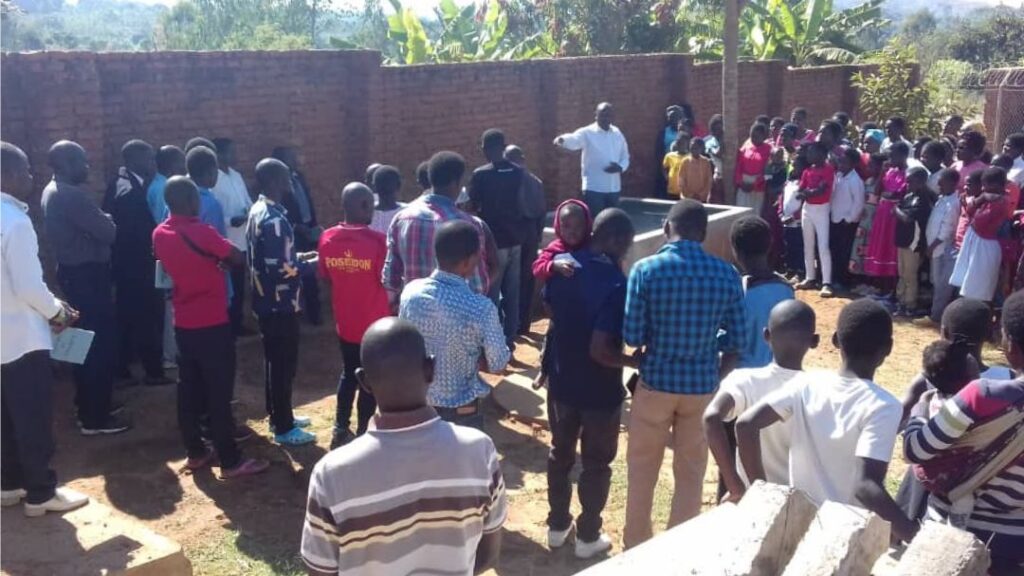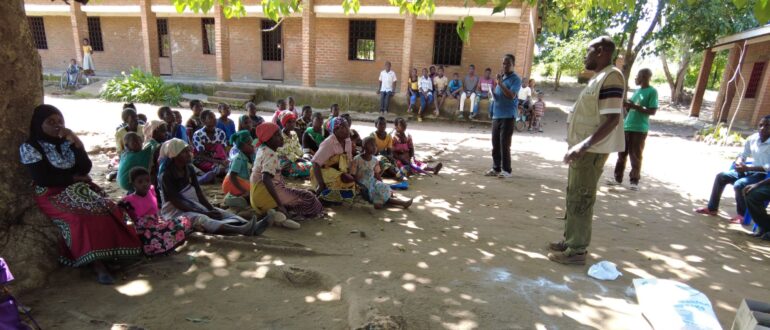Life and death are much more raw in Malawi than in the West. People here accept as normal parts of life things that we take great pains to sterilize and sanitize.
Few things better exemplify this than a funeral.
Everything stops for a funeral
Anyone who’s lived in this part of the world knows that everything stops for a funeral. As they often have no way to preserve the body, they need to attend to things promptly. There’s also an expectation that everyone in the village will attend. (That may be because of a strong sense of community. Or, because people don’t want to be accused of using witchcraft to contribute to the person’s death. It is sometimes difficult to tell). And so, the death of someone in the village today means that no one will be at work tomorrow. It’s a constant reminder that death is an interrupter, an unwanted but ever-present intrusion in life.
Nothing makes that more evident than the wailing you hear as you approach the home of the deceased person. I can’t make a blanket statement about how Westerners grieve. After all I’ve heard that my Italian ancestors knew how to do justice to the whole wailing thing. But most of the funerals I’ve been to have been quiet affairs. The family and friends of the deceased silently weep. Those in attendance offer their condolences in hushed voices and whispers. That’s not how things are done here. The wailing starts long before the funeral and it continues throughout, as the women of the family cry for the dead person who has left them.
Weeping
Usually, the family members sit in the house around the coffin. When they nail the coffin shut and bring it out for the community to view, the weeping becomes louder and more pronounced. They continue weeping at full volume as they load the coffin into the back of a truck. Then the family members squeeze in around it, and everyone makes their way to the graveyard.
Simple things, like hearing the hammer nailing the lid of the coffin shut. Watching different men from the community fill the grave and then hoe the dirt into a mound. These were jarring for me the first time I went to a funeral. They serve as startling reminders that there is an actual dead person present. And that dead person is literally being buried – physically removed and put away from the living.
At the last funeral I attended, I sat on the ground with the other women who were there. I was waiting to hear what kind of message the officiant would give. My back was sore from trying to imitate the ramrod-straight posture of my Malawian companions. (That’s something I don’t think I’ll ever master). I was tired from being in the sun all day. And I was desperately hoping that there would be some kernel of truth in his sermon.
Life and death without hope
There wasn’t. His words of “consolation” and “hope”? Go to church and work hard for the benefit of your church, so good things will come to you. That was it. No truth, no hope, no consolation.
As we walked back home, some of the older women were reflecting on the service.
“There was no reading from the Bible?”
“Did you catch if he read from the Bible?”
“No, I think he just went right to giving advice.”
“No reading; that’s not good.”
All I could think was that the problem was much more significant than simply neglecting to read a portion of Scripture. That man was leading people astray. Encouraging them to cling to something that will neither save their souls nor give them hope for their lives. And, sadly, this is what they preach so often. In a country where life is painful and death is a constant reality, many people are living without the hope of the gospel.
Please pray with us that the gospel of Jesus Christ will reach and penetrate the hearts and lives of the people of Malawi. Through literature, open-air preaching, and relationships. Pray that the Lord will use SALT to spread His love to a hurting people and offer them true and lasting hope. Hope for this life and hope in death.

